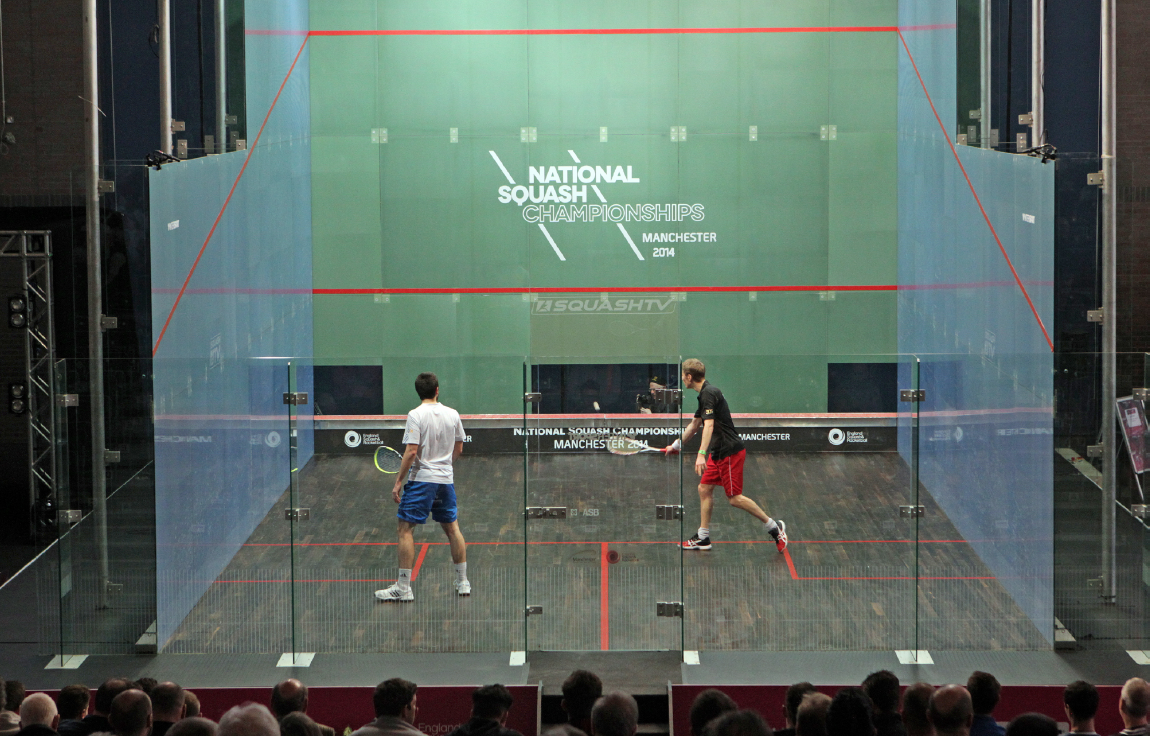
By Barry Faguy
HEY REF! I broke my racquet and after changing it, I wanted to hit the ball a few times to get a feel for it—but my opponent refused and insisted we play on immediately— claiming that the rules state that “play must be continuous”. Is that true and does it apply to this?
Indeed, that phrase is there—but we cannot take a zero-tolerance, pedantic approach to the application of every provision of the game. For example, the requirement of ‘every effort’ is rarely taken to its potentially extreme implication; reasonableness should become the guiding principle. Added to that is the ‘sporting behavior’ aspect of the game—reflected in the tradition that allows a player a few shots to get a feel for a new racquet. Not every thing can be spelled out; not every provision can be applied robotically. We depend on referees to apply sensible judgment. Of course, abuse of time is possible, so any presiding ref must be satisfied of the reasonableness of it all, keeping in mind the prime directive—to ensure fairness.
HEY REF! When I referee, I call all the foot–faults I see—but I’ve noticed over time that for most tournament events, I rarely hear the call—though they happen frequently enough. Am I missing something here?
Unfortunately, in contrast to many other sports, the ‘foot–fault’ call in squash has, for the most part, been relegated to the boondocks. I suspect that for most people, it’s because they feel that that transgression confers little advantage to the server. In tennis or soccer for instance, the server is moving towards the receiver, thus making the limit more important—but the reverse is true in squash.
That’s not to say that there isn’t an attendant feeling that it would be nice if the server’s foot was at least in the ball park—but it’s pretty clear that few people actually care about it the way they care about other illegalities. Can you remember the last time you commented to your opponent about an improper foot position during the serve—in contrast to an uncalled contact of the ball on a line?
Having said that, we can easily imagine the liberties that could be taken without a foot–fault rule. To avoid that, and considering the need to respect the rules, I’d suggest you continue doing what you’re doing and call them when obvious—and do so early in the match. Avoid an excessive zealousness that can easily lead to error—easy because of the many elements in motion during the serve. The ball to–racquet contact is the determining moment, typically occurring some distance from the feet. Then, of ten less than a second later is the ball–to-wall contact and, missing that, I can assure you, will not easily be forgiven. On the other hand, not calling an obvious foot–fault has the potential for embarrassing queries from players, spectators, and other officials. If you’re uncertain—say nothing. Finally, there’s nothing wrong with warning players when you first notice signs of borderline-illegal serves.


